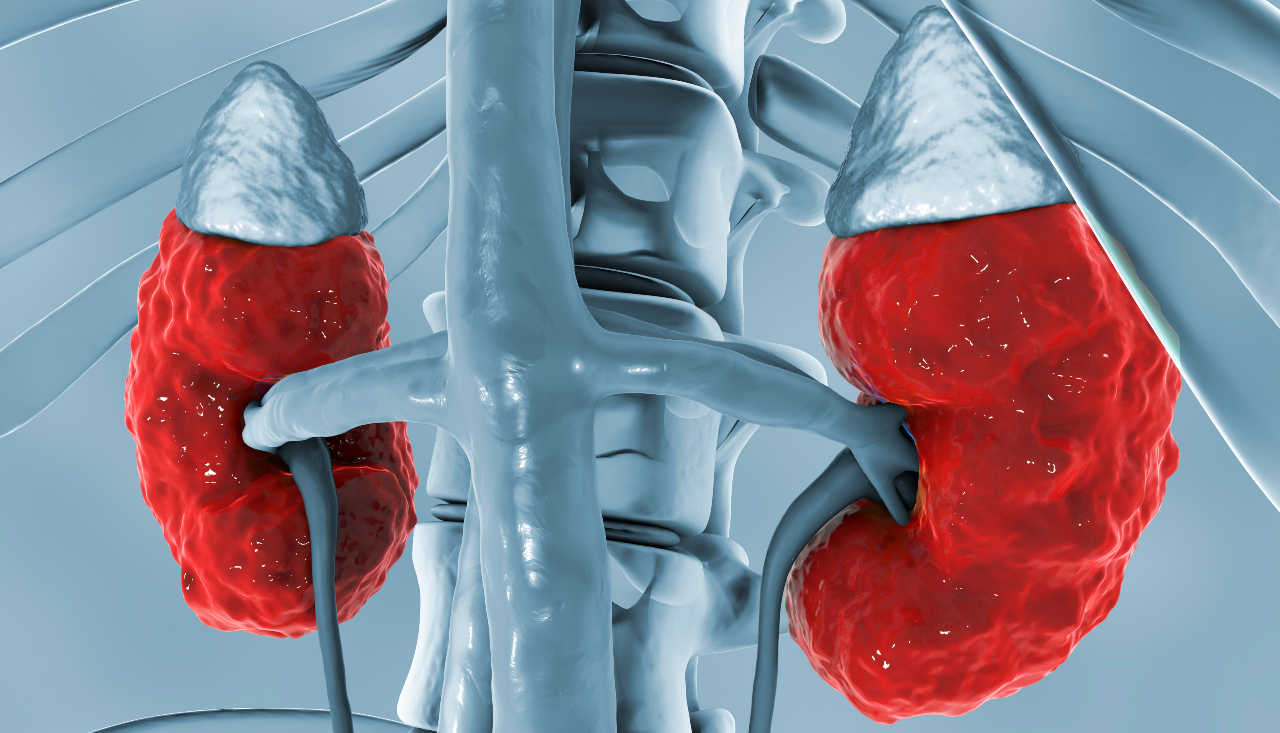The FDA has granted a priority review for AstraZeneca’s sodium-glucose co-transporter 2 (SGLT2) inhibitor, Forxiga (dapagliflozin), for chronic kidney disease (CKD) with and without type 2 diabetes (T2D). This follows the FDA granting Forxiga a breakthrough therapy designation in October 2020 for the same indication. The priority review and breakthrough designation were supported by the DAPA-CKD Phase III trial data, which found that Forxiga-treated patients had a 39% relative risk reduction in worsening renal function or death.
GlobalData believes that Forxiga’s latest priority review further signifies the drug’s major advantages over existing treatments and will provide enhanced support for its development in targeting reduced glomerular filtration rate (GFR) and all-cause death.
As the pathophysiology of CKD is most often tracked through an analysis of GFR, Forxiga’s approval is significant, as it can potentially reduce pressure in the glomeruli of the kidney, protecting them from damage. Additionally, Forxiga is the first SGLT2 inhibitor to prove prolonged survival for CKD patients and provide organ protection, according to data from the DAPD-CKD trial.
According to GlobalData’s Pharma Intelligence Center (PIC) drug database, there are two SGLT2 inhibitors in late-stage development and one SGLT2 inhibitor marketed for CKD: Boehringer Ingelheim’s Jardiance, AstraZeneca’s Forxiga and Janssen’s Invokana. If approved, Forxiga could be incorporated into the standard of care (SoC) used for managing CKD.
The DAPA-CKD trial was stopped early in March 2020 after an independent data monitoring committee concluded it showed “overwhelming efficacy”. The DAPA-CKD trial demonstrated that Forxiga in combination with SoC, specifically consisting of an angiotensin-converting enzyme inhibitor or angiotensin receptor blocker, lowered the composite risk of worsening renal function by 39% compared to placebo (risk lowered by 5.3%, p<0.0001).
There was a significant (31%) reduction in risk of death from any cause compared to placebo, and Forxiga’s safety and tolerability data were in line with its existing safety profile. This positive trial data supported Forxiga’s priority review since it offers significant advances over available options and demonstrated better efficacy, thus preventing risk cardiovascular and renal death.

US Tariffs are shifting - will you react or anticipate?
Don’t let policy changes catch you off guard. Stay proactive with real-time data and expert analysis.
By GlobalDataKey opinion leaders interviewed by GlobalData have emphasised that there is a desperate need for significant studies that look into morbidity, comorbidity, and hospitalisation endpoints in patients with CKD stage II-IV. An article by Foreman and colleagues that was recently published in Lancet suggests that CKD will likely become the fifth leading cause of death globally by 2040. According to the Epidemiology Database within GlobalData’s PIC, the number of total prevalent cases of stage I–IV chronic kidney disease in the US, France, Germany, Italy, Spain, UK, and Japan is estimated to grow from 106 million cases in 2020 to 115 million by 2026.
According to the US Centers for Disease Control and Prevention, approximately 96% of people with kidney damage or mild to moderate reduced kidney function are unaware they have CKD. AstraZeneca might find it difficult to reach patients because people with early-stage kidney disease often do not have symptoms, so CKD is systematically underdiagnosed.
Forxiga is also indicated for use as an adjunct to diet and exercise to improve glycemic control for adults with T2D, as well as to lower risk of cardiovascular death and hospitalisation for heart failure. The Prescription Drug User Fee Act date for Forxiga in CKD is expected in Q2 2021.





